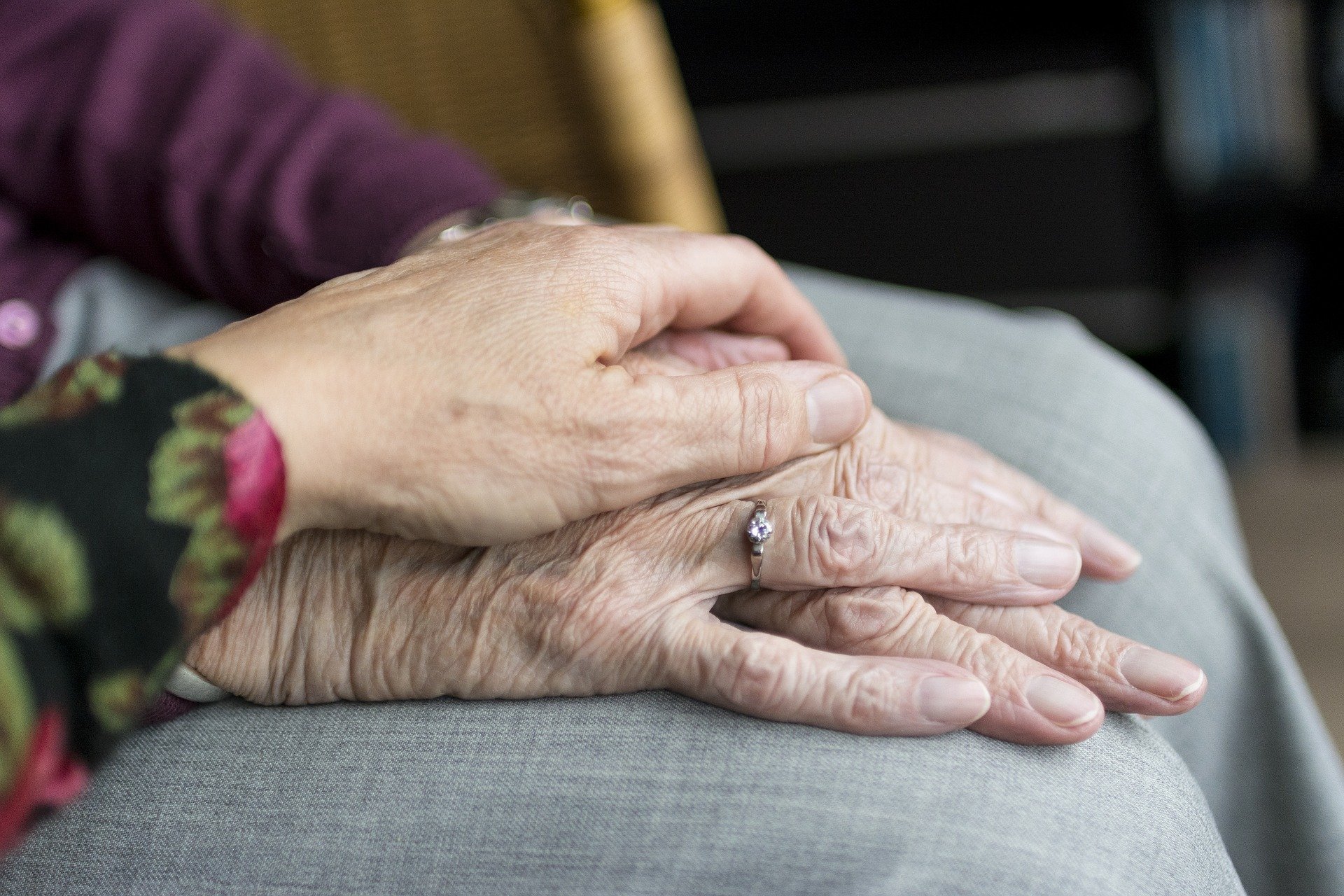Lasting Powers of Attorney: what you need to know
Now, more than ever, we are conscious of our health and what would happen if something were to happen to us.
When we think about planning for the future, we often consider making a Will, but what if you were to lose capacity or become unable to deal with your own affairs?
To cover this scenario, a person can make Lasting Powers of Attorney (‘LPA’s’). LPA’s are legal instruments that enable you to appoint people you trust to help you or act on your behalf in this instance.
LPA’s are something we should all have in place, but unfortunately, there are lots of misconceptions about them that put people off from making them.
Here at Eddowes, Perry & Osbourne, we want to separate the fact from the fiction to show you how important LPA’s are and why you should consider making them.

Myth number 1: “LPA’s are for the elderly” – It’s never too early to make an LPA. After all, you never know when the worst might happen. If you were to suddenly lose capacity without having registered LPA’s in place, your loved ones would need to apply to the Court of Protection for an order to enable them to deal with your affairs, which can often be more expensive and time-consuming.
Myth number 2: “My next of kin can automatically make decisions for me” – False. Regardless of who your closest relatives are, (including your spouse/civil partner) if they are not appointed by you under a registered LPA, they will not be able to formally make decisions on your behalf. This is because they will have no legal authority to do so.
Myth number 3: “If I make LPA’s, I won’t be able to deal with my affairs anymore, even though I am well” – False. Whilst you are well and able to deal with your own affairs, you can continue to do so if you wish.
There are two types of Lasting Power of Attorney, one that deals with Financial Decisions and the other, Health and Care Decisions. The Financial Decisions LPA enables your attorneys to deal with things such as paying bills or collecting payments on your behalf. The Health and Care Decisions LPA enables your attorneys to make decisions about things such as your care or life-sustaining treatment. If you have capacity but require assistance with your financial affairs (e.g. if you are hospitalised but require payments to be made on your behalf) then your attorneys can step in, but only with your consent. A Health and Care Decisions LPA will only come into effect when you no longer have capacity.
Myth number 4: “I don’t need to make LPA’s because I have a Will which names executors to deal with my affairs” – Your Will and LPA’s are separate legal documents that come into effect at different times. A Will comes into force when you die therefore the people appointed as Executors cannot deal with your affairs until you pass away. An LPA enables you to pick people to deal with your affairs whilst you are alive if you become unable to deal with them yourself.
Myth number 5: “LPA’s are only useful for people with lots of money” – False. Regardless of the size of your estate, it is always good for you to have the choice about who deals with your affairs if you require assistance in this regard. Additionally, LPA’s are not just relevant for your finances, you can also make one in respect of your Health and Care.
The need for LPA’s can strike at any time. By making LPA’s today, you can gain peace of mind knowing that you have had the choice about who deals with your affairs in future should the need arise.
Our specialist team at Eddowes, Perry & Osbourne can help you put LPA’s into place now.
You can call us on 01216869444 or contact us by email: –
Contact:

